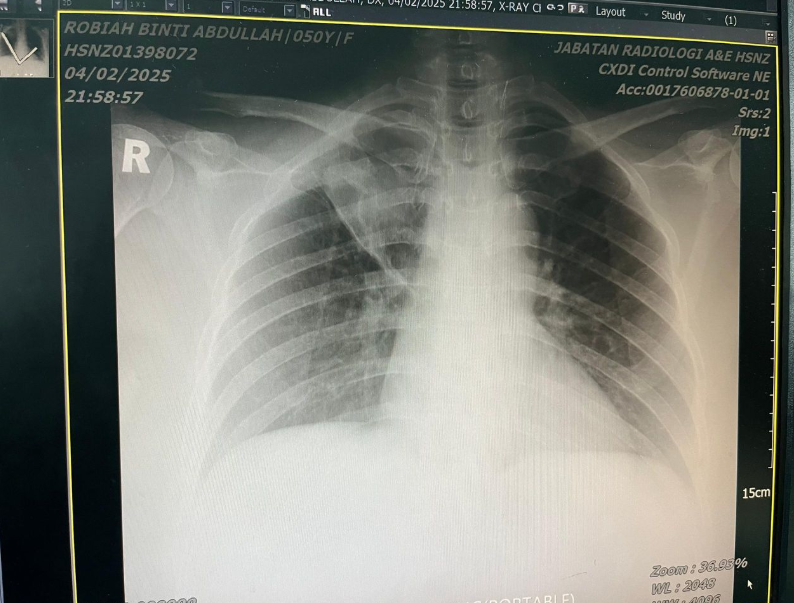Stage IV Low Grade Lung Cancer integrative treatment result in significant reduction of tumour size in 6 months
- Jan 9, 2025
- 1 min read

He was diagnosed with stage-4 low-grade, well-differentiated lung adenocarcinoma demonstrated with exceptional clinical improvement following a carefully planned treatment protocol involving ECCT and radiation therapy. The tumor, characterized by its EGFR wild-type mutation, presented unique challenges due to its slow response to treatment and muscle infiltration, limiting the efficacy of conventional approaches. However, the integration of ECCT into the treatment plan proved transformative for him.
He initially presented with significant tumor burden, evidenced by muscle infiltration and advanced tumour spread/metastatic and progression. Pathological analysis confirmed his case to be an EGFR wild-type mutation, which is known to respond in slow manner to standard treatment modalities compared to EGFR-mutant subtypes. The prognosis for such cases is typically poor, with limited options to achieve significant tumor regression or prevent further metastasis.

He then incorporated ECCT post-radiation. Following radiation, ECCT was resumed to maintain therapeutic pressure, reduce residual tumor activity, and lower the risk of recurrence and secondary metastasis or prevent further spread.
His strategy by integrating ECCT, a non-invasive therapy leveraging electro-capacitive energy to disrupt cancer cell growth and replication works for him as the treatment strategy provided both immediate tumor regression and long-term protection.
After six months of therapy, his imaging studies revealed a dramatic reduction in tumor size, with nearly most of the initial volume successfully eliminated. The “before” and “after” scans highlighted the significant impact of the combined therapy. His approach offers hope with EGFR wild-type mutations and other challenging cancer type.



Comments